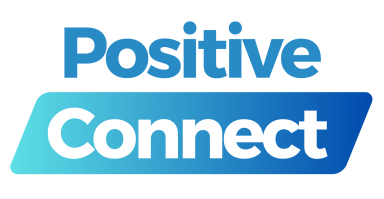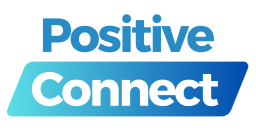Socrates 2.0 Learning Augmented Intelligence
24. Januar 2025
Autor: Prof. Dr. Wendelin Küpers
In today's rapidly advancing technological landscape, Artificial Intelligence (AI) has emerged as a powerful force that is transforming the life of individual, groups, organisations and entire economies and societies. Can AI serve as a modern-day Socrates, being a new kind of wisdom and guidance for humanity? What role might it play in and for schools and universities? What are the ethical status and implications of AI ?
In a seminar on ‘Ethics in Practice’ at Karlshochschule we have had a seminar with Eric Neuheiser, an expert in the field of using AI practically. Attending this workshop with him was a truly fascinating experience of realising how AI can serve as a new form of interactive learning via a Socratic dialog 2.0 for uncovering truth but also knowing about what we do not know.
Through his expert guidance, he opened our eyes to the world of AI and what he calls augmented intelligence. According to Neuheiser, augmented intelligence is the idea of using AI to enhance human intelligence and decision-making, rather than replacing it. In other words, it is the collaboration between humans and AI, where AI acts as a tool to assist humans in their pursuit of knowledge and wisdom. This concept is similar to the role of Socrates, who believed in the process of questioning and self-reflection to attain true knowledge. One of the key roles of Socrates was to challenge people's thinking and beliefs through critical questioning. Similarly, AI also has the ability to challenge our assumptions and biases, enabling us to think critically and make more informed decisions as well as facilitate discourse and communication. With practical illustration we learned how AI can analyze different perspectives and offer solutions that consider various viewpoints, promoting not only self-improvement but also a more collaborative and inclusive orientation.
We also realised that AI is not infallible as makes mistakes and has limitations, calling us for remain in control and use our critical thinking abilities to evaluate the insights provided.
The seminar and workshop truly augmented the realities of all students, as we were introduced to new ideas and understandings of the possibilities and limitations of AI as a a powerful tool for personal(ised) and professional growth.
It was impressive to see how AI can be used to make leadership smarter, and the discussions on ethical issues were so enriching. The hands-on exercises and tasks provided us with an intriguing experience, and we were amazed at how easy it was to switch with these devices to a different language.
The discussions and perspectives shared during the workshop were extremely valuable in broadening our understanding of AI. Learning how to tailor and program AI to be a virtual assistant, with a focus on positive psychology and systemic consultancy and coaching, was another highlight of the workshop.
We were all left hoping that Eric Neuheiser would return and continue to share his expertise in this most exciting venture.
Overall, the workshop truly highlighted the potential of AI as augmented intelligence and what it can achieve while also reflecting the limitations and ethical issues and challenges of it.
Prof. Dr. Wendelin Küpers
Professor of Organisation and Leadership Studies & Academic Vice-President
Karlshochschule International University
Impressum | Datenschutzerklärung
Copyright © 2024 Eric Neuheiser. Alle Rechte vorbehalten.
Wir benötigen Ihre Zustimmung zum Laden der Übersetzungen
Wir nutzen einen Drittanbieter-Service, um den Inhalt der Website zu übersetzen, der möglicherweise Daten über Ihre Aktivitäten sammelt. Bitte überprüfen Sie die Details in der Datenschutzerklärung und akzeptieren Sie den Dienst, um die Übersetzungen zu sehen.

